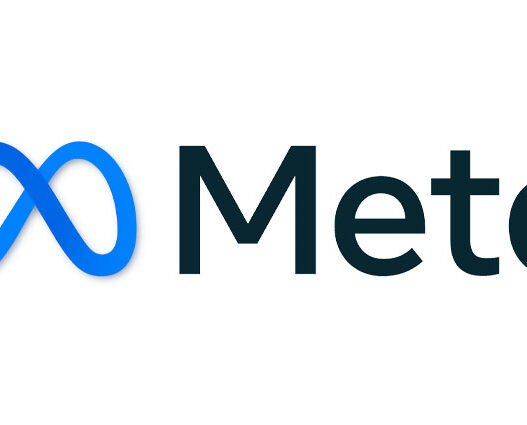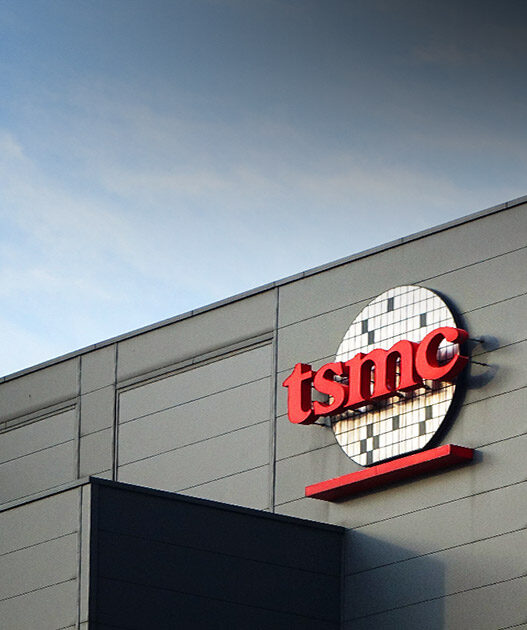The Market Rollercoaster: What’s Driving Today’s Trends?
Powered by MasterCFA.com
Wall Street experienced a mixed day as investors digested a flurry of earnings reports and sector-specific news. The S&P 500 and Nasdaq edged higher, while the Dow Jones Industrial Average dipped. Here’s a breakdown of the key events:
- UnitedHealth shares plummeted 8.8% after reporting a surge in medical costs.
- Bank stocks rallied, with Bank of America and Charles Schwab beating estimates.
- Energy stocks fell as crude oil prices dropped 4%.
- Tech stocks showed mixed performance, with Nvidia falling 1.6% and Apple rising 2.5%.
- Boeing saw a modest gain after securing $35 billion in funding.
Why These Market Moves Matter to You
Economic Ripple Effects
The diverse performance across sectors reflects the complex interplay of factors affecting the broader economy. Healthcare costs, banking sector health, and energy prices all contribute to the overall economic picture, influencing everything from consumer spending to business investments.
Personal and Business Impact
- Healthcare Costs: Rising medical expenses could lead to higher insurance premiums for individuals and businesses.
- Banking Sector: Strong bank performance may indicate easier access to loans and better interest rates for savers.
- Energy Prices: Lower oil prices could mean relief at the gas pump but potential job losses in energy-producing regions.
Economic Theories in Action
The Phillips Curve and Inflation Expectations
The healthcare sector’s performance, particularly UnitedHealth’s rising costs, brings the Phillips Curve theory into focus. This economic concept suggests a trade-off between unemployment and inflation. As the economy strengthens and unemployment decreases, we typically expect to see upward pressure on wages and prices, including in sectors like healthcare.
Efficient Market Hypothesis (EMH)
The quick market reactions to earnings reports from banks and tech companies demonstrate the Efficient Market Hypothesis in action. This theory posits that stock prices rapidly incorporate all available information, leading to immediate price adjustments based on new data.
Real-World Application
Historically, we’ve seen the Phillips Curve relationship play out during economic recoveries. For instance, in the years following the 2008 financial crisis, as unemployment gradually decreased, we observed a slow but steady increase in inflation, including in healthcare costs.
The EMH is evident in how quickly stock prices adjust to earnings announcements. For example, the immediate drop in UnitedHealth’s stock price after its earnings report shows how rapidly the market incorporates new information.
Crystal Ball Gazing: What’s Next?
- Fed Watch: With mixed economic signals, the Federal Reserve’s next moves on interest rates will be crucial. Current expectations lean towards a rate cut in November.
- Tech Sector Volatility: The potential limitations on AI chip exports could lead to increased volatility in tech stocks.
- Energy Market Dynamics: Continued fluctuations in oil prices may impact both energy companies and consumer spending patterns.
Why This Matters for Your Financial Future
Understanding these market dynamics is crucial for making informed investment decisions:
- Sector Diversification: The varied performance across sectors underscores the importance of a diversified investment portfolio.
- Economic Indicators: Keeping an eye on key indicators like healthcare costs and bank performance can provide insights into broader economic trends.
- Global Interconnections: The impact of potential AI chip export limitations highlights the importance of understanding global economic relationships.
By grasping these concepts, you can better navigate market fluctuations, make more informed investment choices, and potentially identify opportunities for growth in your financial journey.
Questions to Ponder
- How might rising healthcare costs affect different sectors of the economy beyond just healthcare stocks?
- What could be the long-term implications of potential restrictions on AI chip exports for the global tech industry?
- How do fluctuations in oil prices impact different sectors, and how can investors position themselves to manage this volatility?
- In what ways might the strong performance of the banking sector influence monetary policy decisions?
- How can individual investors use the concept of the Efficient Market Hypothesis to inform their investment strategies?
Keep Learning with MasterCFA: Staying informed about market dynamics, sector performance, and their economic impacts is essential for any budding analyst. Dive deeper into these topics to enhance your understanding and prepare for the CFA Exam. Explore more insightful articles and resources with MasterCFA to stay ahead in your finance career.















